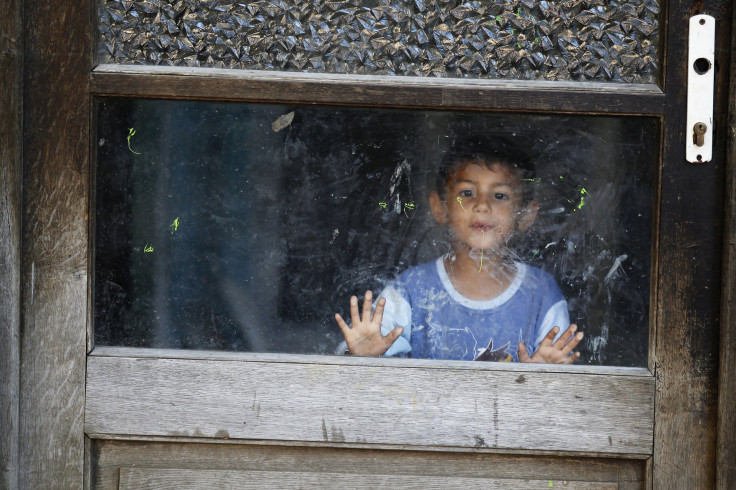British Local Governments Take Thousands Of Eastern European Migrant Children Into Care: Report

British local governments spend hundreds of millions of dollars each year to care for the children of Eastern European migrant workers, the Telegraph reported Saturday.
Figures obtained by the London newspaper indicate that as many as 8,000 children from Eastern European countries have entered adoption or child protection proceedings in Britain during the past decade. The number has almost doubled over the past five years as the number of migrants from Poland, Romania and other Eastern European nations reached 1 million.
Critics of the trend argue the children should be put up for adoption or put into protective care in their native countries. Officials in Eastern European nations have similarly called on the British government to transfer the children home.
“The cost here are enormous, and it is helping to break the care system,” John Hemming, a former Liberal Democrat parliament member and chair of the All Party Parliamentary Group on Family Law, told the Telegraph. “So if the Eastern European governments are calling out for the children to be sent back, why isn’t that happening?”
In many of the cases reviewed by the Telegraph, Eastern European children were taken into state custody against the parents’ wishes in so-called forced adoptions. Other instances involved mothers who had unwanted pregnancies out of wedlock. Guest workers from Roman Catholic countries such as Poland frequently were reluctant to have abortions or tell their families back home, so they chose to put their children up for adoption in Britain.
A small number of cases involved parents who put unwanted offspring into the British system, believing their children would receive better care in Britain than in Eastern Europe, a child care lawyer told the newspaper.
Pressures on Britain’s child care system have arrived as the national government is preparing to open its doors to unaccompanied refugee children from conflict zones.
The government said in January it expected “several hundred” children, mostly from outside Europe, to come to Britain as part of this effort, International Business Times sibling Newsweek reported last month. Policymakers created a £10 million ($14 million) fund to help reunite children with their families elsewhere in Europe and potentially bring children with relatives in Britain into the country.
Britain’s opposition Labour Party and child welfare organizations have said the initiative is too narrow. The charity Save the Children previously called on the British government to take 3,000 unaccompanied migrant children from within Europe, Newsweek reported.
© Copyright IBTimes 2024. All rights reserved.











